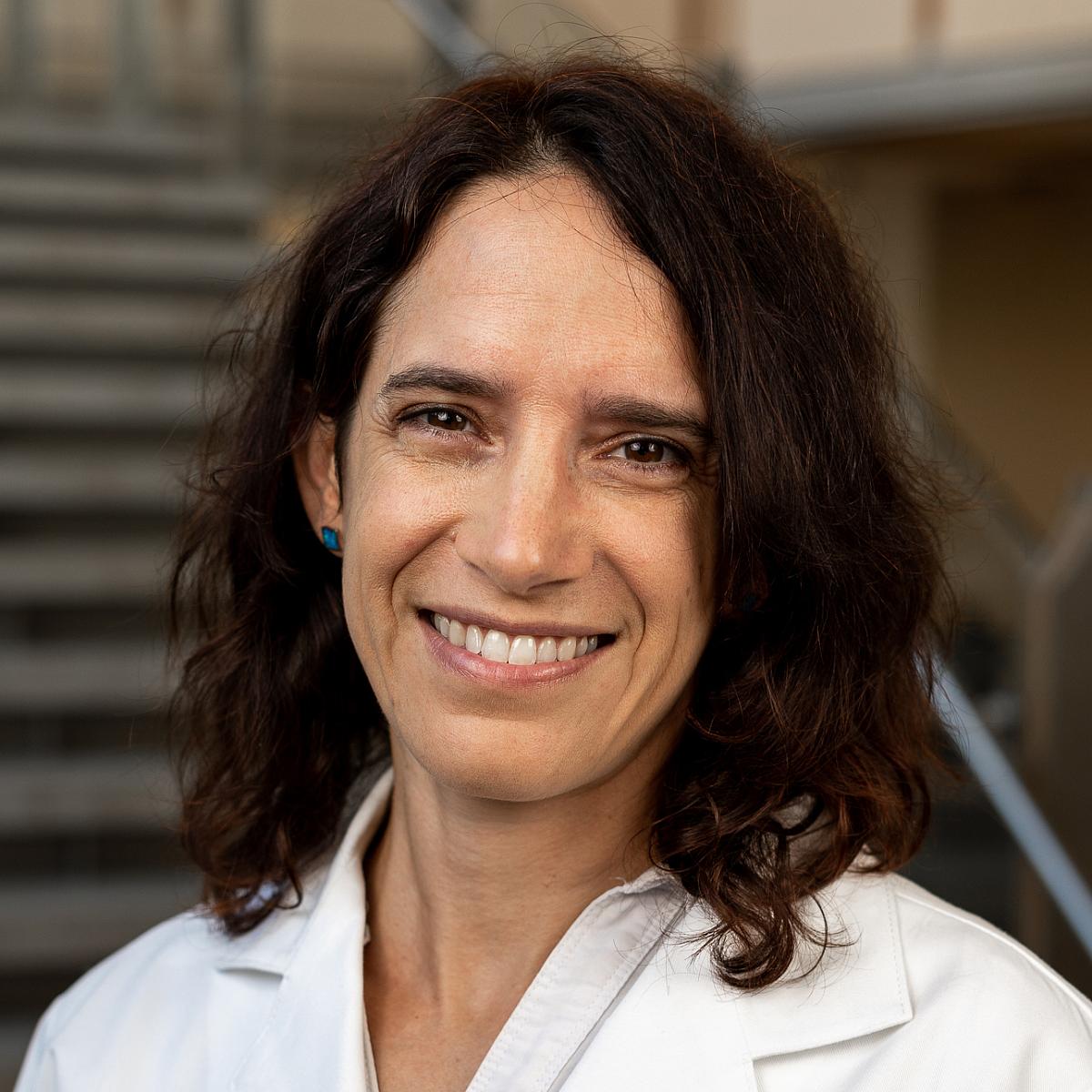
Mendoza Lab

Biochemical Signals and Physical Forces in Cancer Cell Invasion
The Mendoza lab strives to understand the signals that drive cell migration and the invasive progression of lung cancer.
Cell migration is essential to immune response, wound healing, and cancer metastasis. During this process, iterative cycles of edge protrusion, adhesion, and cell body contraction propel cells forward. These cellular structures that produce migration are mechanistically coupled and their dynamics are temporally coordinated. In cancer, mutations within the cancer cells and changes in the tumor microenvironment create new chemical and physical signals that promote cancer cell movement. Deducing the molecular mechanisms of cell migration and cancer invasion will reveal new biomarkers and targets to predict and prevent cancer progression.
Cells use signaling pathways to continuously sense, integrate, and adapt to their environment. In lung cancer, the #1 cancer killer in the U.S., cell invasion occurs in the earliest stage I lesions. We study the signaling pathways that are mutated in lung cancer and the interactions between tumor cells and the physical forces and extracellular matrix in the tumor microenvironment. Our questions span fundamental investigation into the mechanisms of cytoskeleton control and in vivo cancer invasion and metastasis. We combine live-cell imaging and computer vision with mouse models with computational modeling to understand the mechanisms of cell migration and tumor cell interactions with the microenvironment.
- How do biochemical signals synergistically regulate the intensity and timing of actin, adhesion, and membrane dynamics for cell movement?
- How does altered extracellular matrix in the tumor microenvironment promote early cancer invasion and progression?
- In lung cancers, how do KRAS and BRAF driver mutations lead to peri-tumor strain amplification?
Affiliations
- Department of Oncological Sciences
- Department of Biomedical Engineering
- Cell Response and Regulation Cancer Center Program
- Lung Center of Excellence
- Computational Oncology Research Initiative
- Molecular Biology Graduate Program
Collaborations
The Mendoza lab has a funded collaborations with the Weiss lab in the Biomedical Engineering department. The collaboration applies computational modeling to understand the mechanics of tumor growth within the lung.

